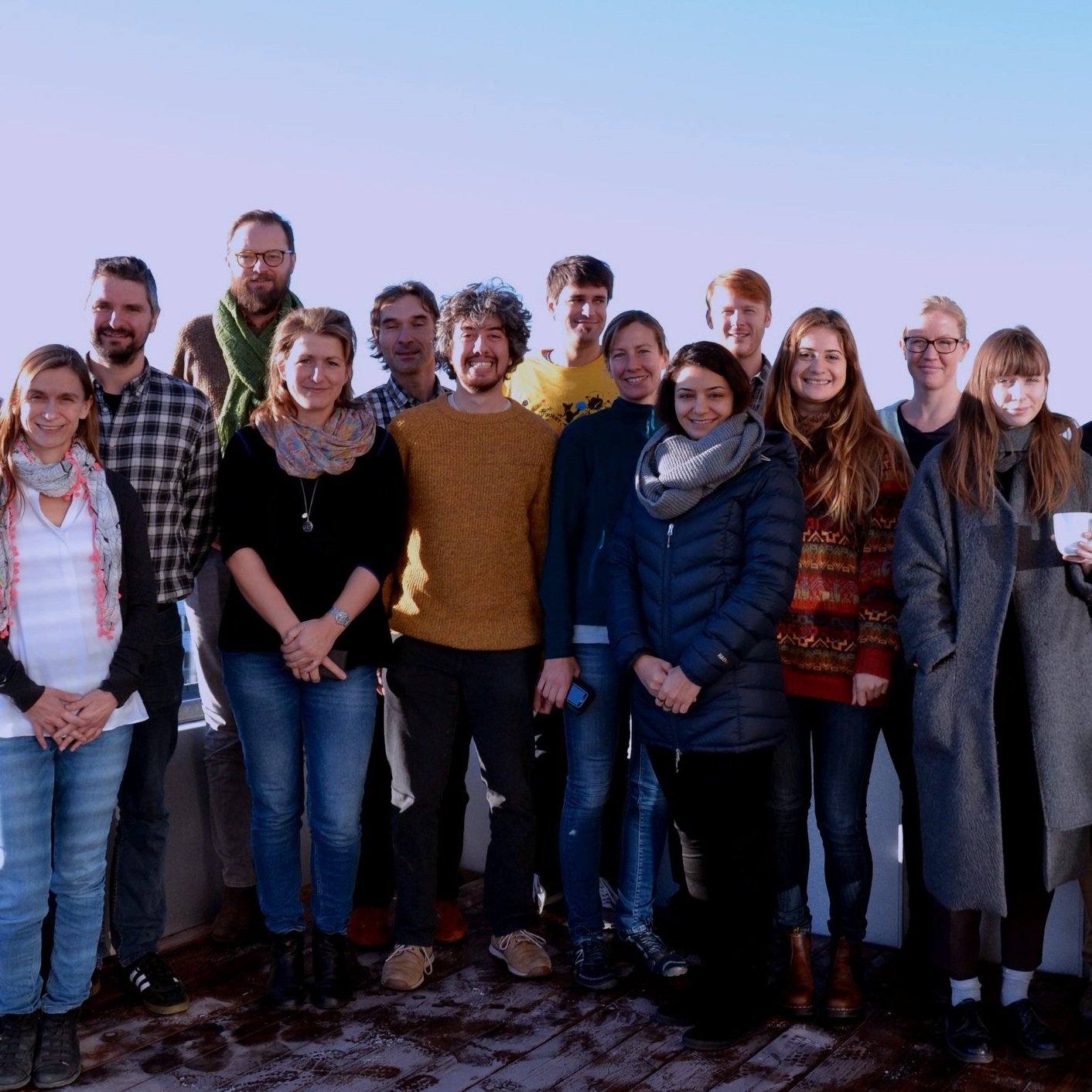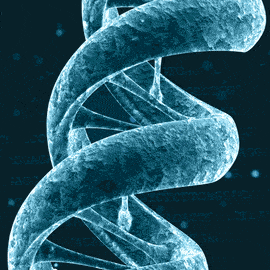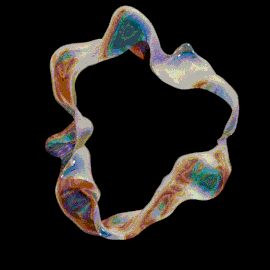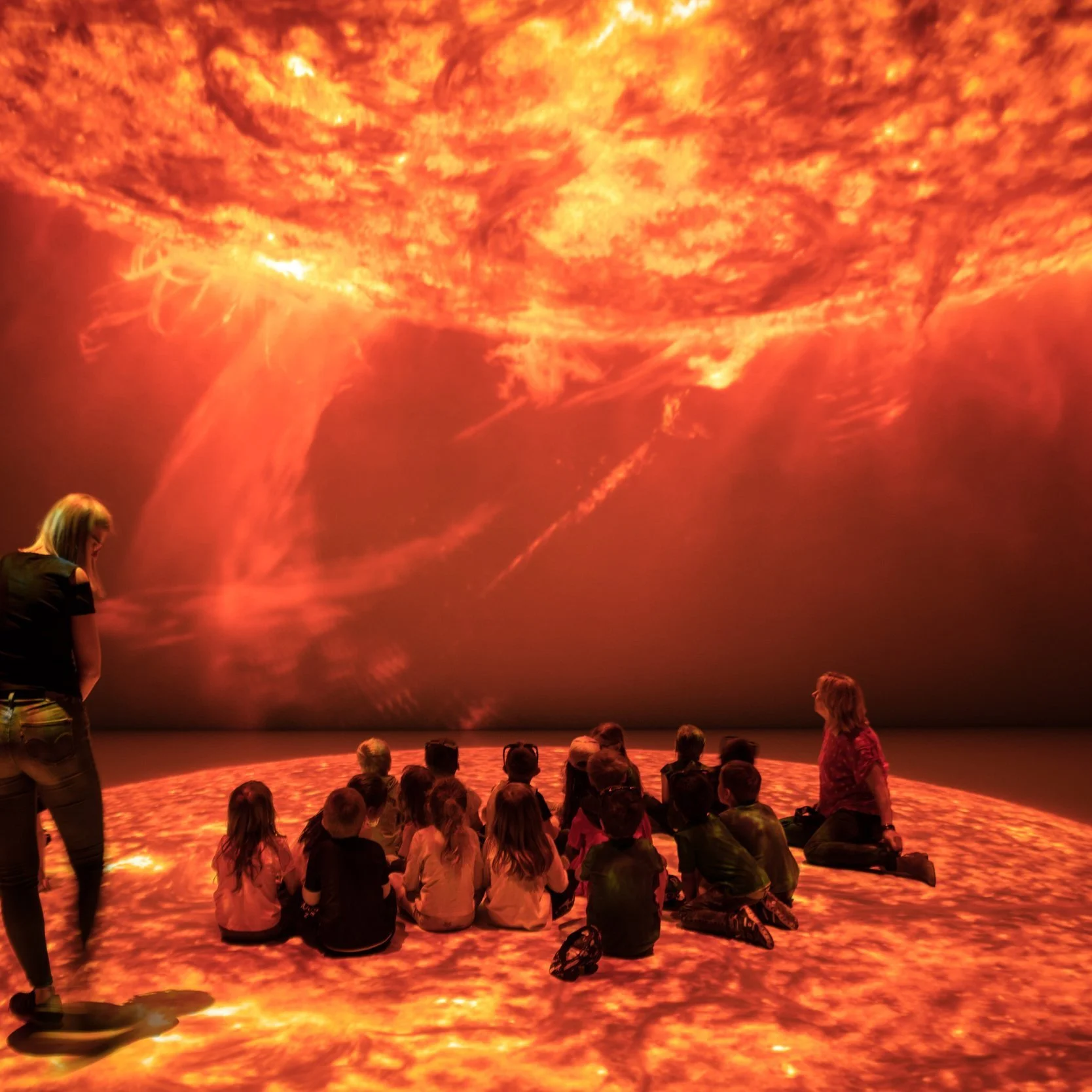– Before we even had our first core group meeting, we managed to get this proposal sent off, which is related to alternative RNA splicing and how it is regulated by RNA-binding proteins. We want to study these processes at MAX IV, with Small-angle X-ray scattering, and build on the research we have already done using single molecule microscopy and Nuclear Magnetic Resonance (NMR) spectroscopy, says Andrew Hudson, Professor of Biophysical Chemistry, Institute for Structural and Chemical Biology, University of Leicester, UK.
– This is exactly the kind of outcome, we want to see as a result of the theme, and so early on too!
Andrew Hudson is also pleased that all the working groups have met, and begun to plan the activities ahead. In September, working group three met for the first time, as part of an already organised meeting on time-resolved crystallography in Leicester, while working group two organised a joint kick off and conference, entitled “Modulating the function and activity of both macromolecules and small molecules of life using chemical biology” in October. In November, working group one started up, by organising a mini-symposium on the structure, function and dynamics of macro-molecular complexes.
During autumn, researchers within the theme also contributed to a cross-theme workshop on the future of chemical imaging at next generation synchrotrons, organised in collaboration with MAX IV.
– These events have all been successful in different ways, whether it is to build new networks, learn about different methods and science, or making connections to Lund and MAX IV. Being able to host events both at Leicester and Lund opens many opportunities to us.
More ambitious theme activities ahead
Now, Andrew Hudson and his theme members are turning their focus towards organising more ambitious theme activities that will cross all the working groups. One such activity is the upcoming Young Researchers’ Symposium in May, with a focus on chemistry of life, and organised by some of the younger scientists within the theme. The event is part of LINXS efforts to encourage networking, knowledge exchange and collaboration among the next generation of X-ray and neutron users.
Andrew Hudson emphasises that he sees this event as the start of many more meetings amongst young scientists from Leicester and the LINXS network.
– From experience I know how hard it can be to build collaboration based on a chance meeting at a conference. You might not know the right thing to say, or have the time to develop an idea of how you can work together.
– I am hoping that these events can help PhD students to look at things with fresh eyes and to start to build future collaborations. I think they might make very different connection to what the PIs do, and thus invigorate not just the theme, but the whole research field.
Andrew Hudson is also excited about getting other activities off the ground this spring.
– What I like with the LINXS model is that it is able to provide an international network. What more is that it lets the theme evolve for three years, which I think is very important for scientific discovery.
Read more about the theme






















